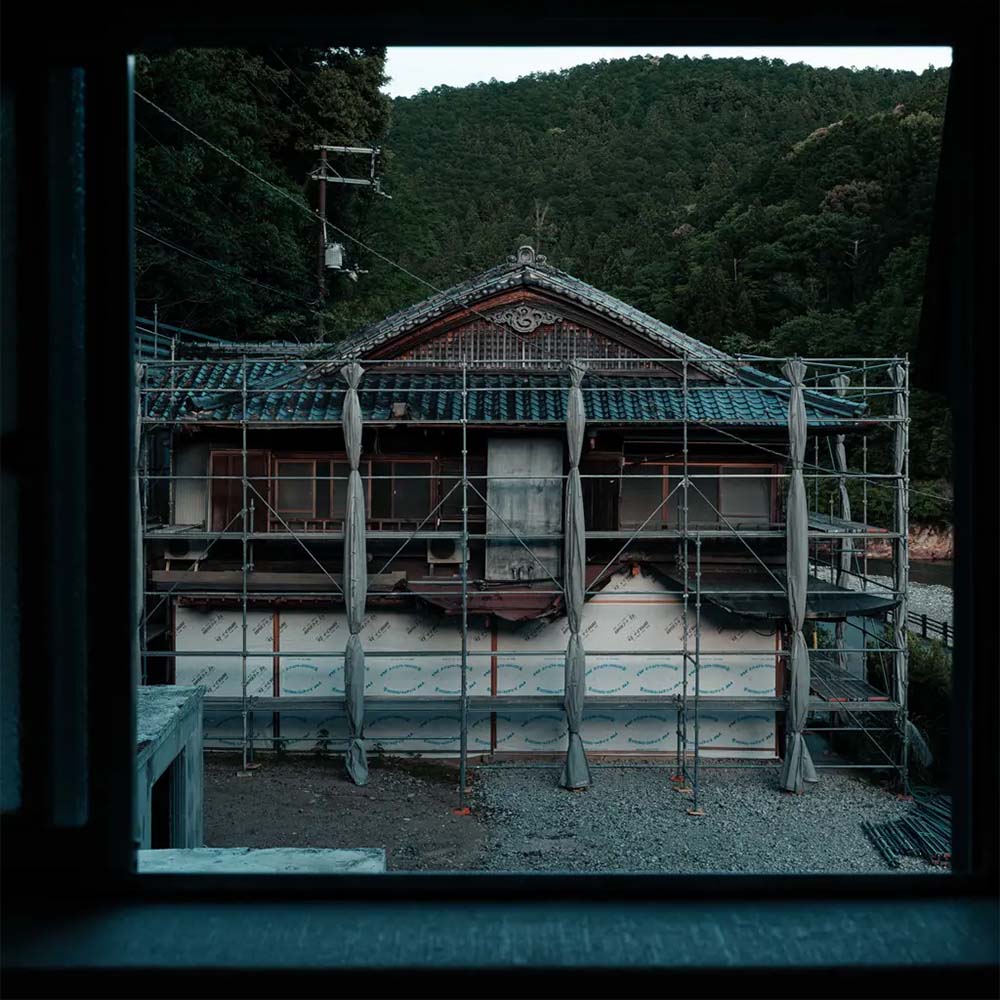As EXPO 2025 Osaka continues to draw crowds from all over the world, attention also turns to companies that continue to shape architecture and real estate across Asia and beyond. Maido Real Estate, Sekisui House, and Kengo Kuma and Associates each bring a unique perspective to the built environment, whether through community-focused developments, sustainable housing, or thoughtful, human-centered design. Their recent projects highlight a shared commitment to creating spaces that are not only functional but also connected to the people and places they serve.
At the heart of Maido Real Estate’s philosophy lies a blend of tradition and modernity. Founded by Alan, a third-generation entrepreneur with strong roots in both Japan and the United States, Maido Real Estate brings the spirit of Japanese hospitality of Omotenashi to the world of premium property. “The principle of ‘Omotenashi’—the spirit of wholehearted hospitality—is something we infuse into every property and relationship,” Alan explains.
The principle of ‘Omotenashi’—the spirit of wholehearted hospitality—is something we infuse into every property and relationship.
Alan, Founder of Maido Real Estate
Specializing in high-end real estate, Maido offers carefully curated portfolios that marry design excellence with exceptional client service. Whether guiding first-time homeowners or seasoned investors, the firm’s philosophy is clear: real estate is not just about properties, it’s about relationships, trust, and creating spaces where people truly feel at home. As Osaka gears up for the global attention that EXPO 2025 will bring, Maido Real Estate’s focus on hospitality, detail, and connection feels more relevant than ever.
If Maido embodies the personalized, human touch in real estate Sekisui House represents a broader vision — one that spans urban icons, luxury hospitality, and rural revitalization.
Headquartered in Osaka, Sekisui House is deeply involved in shaping the city’s future. As one of the joint venture companies participating in the development of GRAND GREEN OSAKA, Sekisui House is helping bring to life a major redevelopment north of JR Osaka Station. This multi-use community integrates residential towers, parks, commercial spaces, and hotels, offering a harmonious balance between modern urban life and a connection to nature. Among its residential developments is THE NORTH RESIDENCE, a 46-story tower known for features such as indoor car galleries, emergency power systems, and serene views of Umekita Park — a concept that resonated strongly with buyers.
Sekisui House is also a key player in Japan’s luxury hospitality landscape, having developed standout properties including W Osaka, The Ritz-Carlton Kyoto, The Ritz-Carlton Fukuoka, and The Westin Yokohama. Each hotel reflects the company’s dedication to design, local culture, and guest experience — from the vibrant interiors of W Osaka to the serene elegance and traditional aesthetics of The Ritz-Carlton Kyoto.
In partnership with Marriott International, Sekisui House is also redefining rural tourism through the Trip Base Michi-no-Eki Project, which places Fairfield by Marriott hotels near roadside stations across Japan. The goal: encourage travelers to venture off the beaten path and discover local food, culture, and nature. With over 29 properties already open, the project plays a vital role in promoting regional revitalization and sustainable travel.
With a philosophy rooted in community building and partnerships, Sekisui House continues to lead by example — creating long-term value for residents, travelers, and cities alike.
If Maido Real Estate focuses on intimate, client-centered experiences, and Sekisui House reshapes neighborhoods and tourism on a national scale, then Kengo Kuma and Associates brings a poetic, cultural, and tactile approach to architecture.
For Richard David Nelson, Partner at Kengo Kuma and Associates, architecture begins with listening — not imposing. “Architecture is not an act of imposition but of listening—listening to the land, the people, and the stories that have shaped a place,” Nelson shares.
Architecture is not an act of imposition but of listening—listening to the land, the people, and the stories that have shaped a place.
Richard David Nelson, Partner at Kengo Kuma and Associates
This philosophy takes physical form at EXPO 2025 through the firm’s design for the Qatar Pavilion, which draws inspiration from the traditional Qatari dhow and employs Japanese timber joinery to craft a structure that bridges cultures. “I hope visitors will feel the shared spirit of respect for nature and craftsmanship that links our cultures,” Nelson says.
Beyond the Expo, Kengo Kuma and Associates continue to redefine public and cultural spaces across Asia. Projects like the Audeum audio museum in Seoul, the Hanling Museum of Art in Ningbo, and The Exchange in Sydney reflect a commitment to creating architecture that engages with nature, context, and community. “Buildings should not dominate, but instead support and celebrate the life that already exists around them,” Nelson explains.
Together, Maido Real Estate, Sekisui House, and Kengo Kuma and Associates remind us that the future of cities lies not just in technology or density, but in fostering belonging — creating places that are sustainable, inclusive, and emotionally resonant.
As the world gathers in Osaka for EXPO 2025, their visions offer a compelling blueprint for how architecture, development, and culture can come together to build a more human future.
































